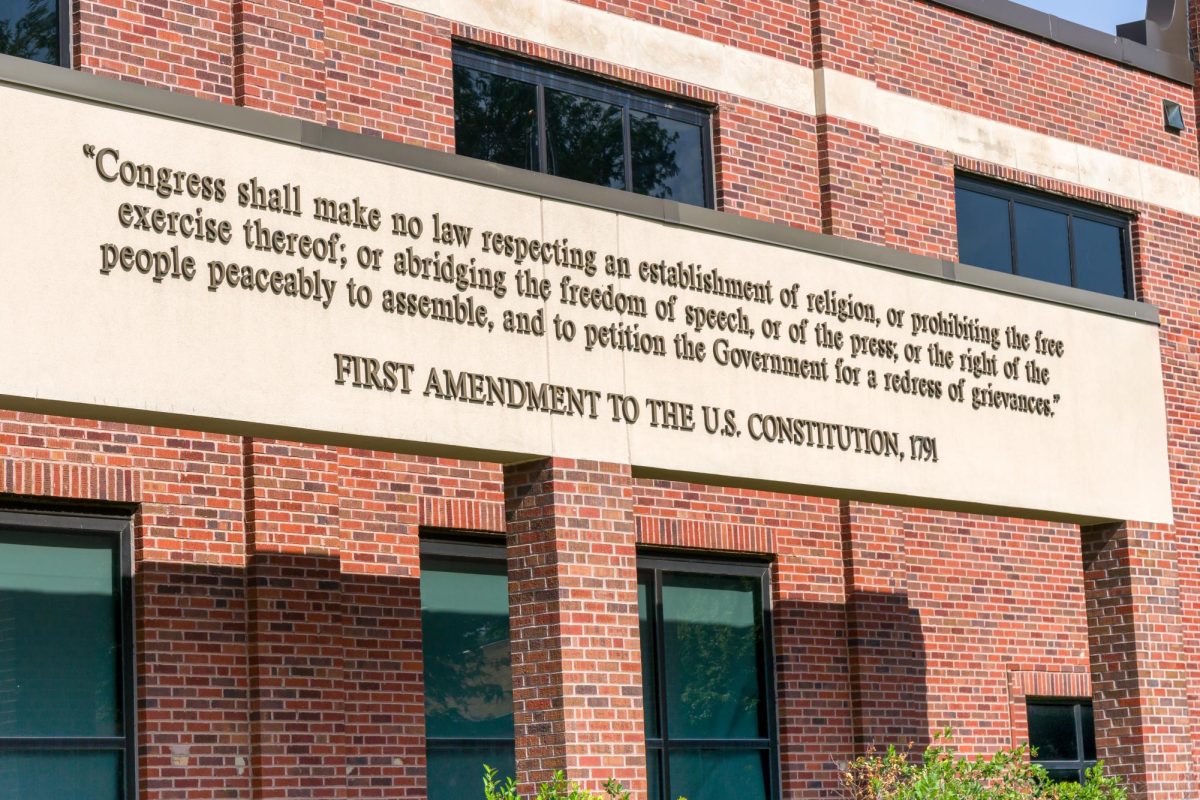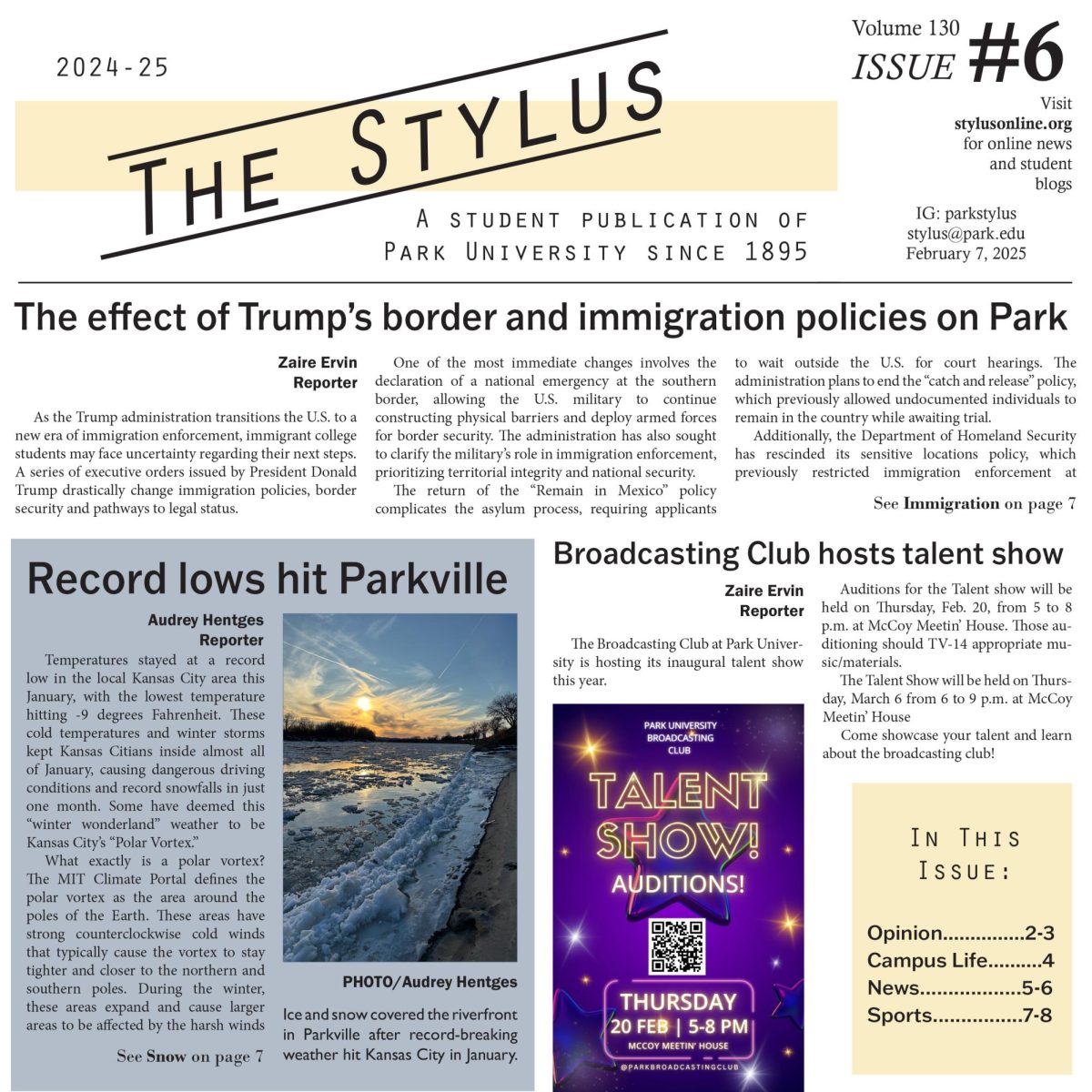As the Trump administration transitions the U.S. to a new era of immigration enforcement, immigrant college students may face uncertainty regarding their next steps. A series of executive orders issued by President Donald Trump drastically change immigration policies, border security and pathways to legal status.
One of the most immediate changes involves the declaration of a national emergency at the southern border, allowing the U.S. military to continue constructing physical barriers and deploy armed forces for border security. The administration has also sought to clarify the military’s role in immigration enforcement, prioritizing territorial integrity and national security.
The return of the “Remain in Mexico” policy complicates the asylum process, requiring applicants to wait outside the U.S. for court hearings. The administration plans to end the “catch and release” policy, which previously allowed undocumented individuals to remain in the country while awaiting trial.
Additionally, the Department of Homeland Security has rescinded its sensitive locations policy, which previously restricted immigration enforcement at places such as schools and universities. Jayme Uden, Chief Human Resources Officer at Park University, has stated that the school has not been contacted by law enforcement regarding immigration enforcement but advises students to follow campus policies when interacting with authorities. Faculty, staff and students should refer law enforcement officers to Campus Safety or Human Resources and should not provide personal information to individuals outside the university community, in accordance with FERPA regulations and university policies.
The administration is also moving to suspend the U.S. Refugee Admissions Program indefinitely, stopping new refugees from arriving. A presidential proclamation intends to end asylum entirely for those crossing the border without legal status, leading to immediate removals without the option for an asylum claim. For college students who rely on asylum protections, legal advocacy groups such as the Amica Center for Immigrant Rights (formerly CAIR Coalition) recommend seeking legal counsel as soon as possible to explore options for maintaining residency status.
Another major shift in immigration policy includes the attempt to end birthright citizenship, a right granted under the 14th Amendment of the U.S. Constitution. The order reinterprets the clause, “All persons born or naturalized in the United States, and subject to the jurisdiction thereof, are citizens of the United States and of the State wherein they reside,” limiting citizenship eligibility based on parents’ legal status. Legal experts say this policy will likely face multiple court challenges.
An executive order also calls for increased vetting and screening of immigrants while identifying criminal cartels as terrorist organizations, accelerating deportations for those linked to these groups. The administration is prioritizing deportations of individuals with criminal backgrounds and gang affiliations.
Immigrant advocacy organizations warn that these changes could impact students who depend on Deferred Action for Childhood Arrivals (DACA) protections or other legal pathways for residency. Staying informed and seeking professional legal guidance as soon as possible are crucial steps for those affected.
Experts suggest that immigrant students consult an immigration attorney to understand their individual circumstances and legal options. Monitoring policy updates through credible sources and advocacy groups can help students anticipate challenges and act accordingly.
Park University students can contact Campus Safety at [email protected] (816-584-6444) or Human Resources at [email protected] (816-584-6595) for guidance on law enforcement interactions.
Depending on individual circumstances, students may explore employment-based visas, student visas, extending academic programs or other legal options for maintaining residency. As these policies continue to change, immigrant students should take proactive measures to protect their legal status. Park University has reaffirmed its commitment to inclusivity and global citizenship and advises students to exercise caution in sharing personal information.








